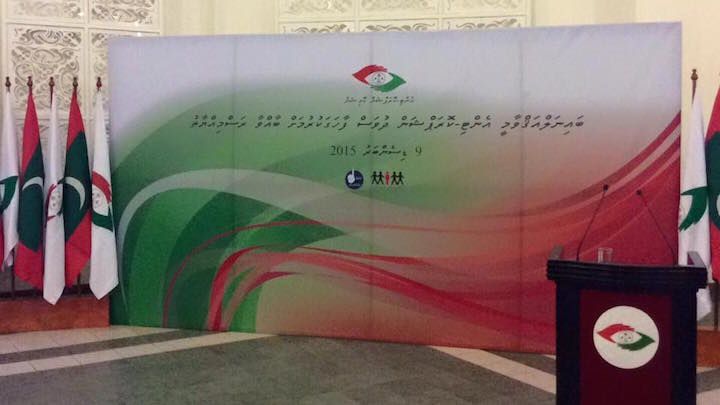Calls grow for “extraordinary measures to tackle grand corruption”
“Corruption continues to undermine development by promoting wastage, has eroded public confidence in key institutions and victimise vulnerable communities in Maldivian society,” Transparency Maldives has said.

10 Dec 2015, 09:00
Anti-corruption NGO Transparency Maldives has called on the government to take “extraordinary measures to tackle the scale of grand corruption in the Maldives.”
In a statement released yesterday on the occasion of the International Anti-Corruption Day, the local chapter of Transparency International said corruption is the biggest problem facing the Maldives. TM noted that the results of its 2015 Maldives Democracy Survey showed that 72 percent of the public believes that corruption has increased in the past year.
“Corruption continues to undermine development by promoting wastage, has eroded public confidence in key institutions and victimise vulnerable communities in Maldivian society,” TM said.
“With public confidence in the parliament, judiciary, executive and oversight bodies at an all-time low, it is paramount that basic anti-corruption measures are obliged and enforced in order to restore public confidence in state institutions.”
Become a member
Get full access to our archive and personalise your experience.
Already a member?
Discussion
No comments yet. Be the first to share your thoughts!
No comments yet. Be the first to join the conversation!
Join the Conversation
Sign in to share your thoughts under an alias and take part in the discussion. Independent journalism thrives on open, respectful debate — your voice matters.




